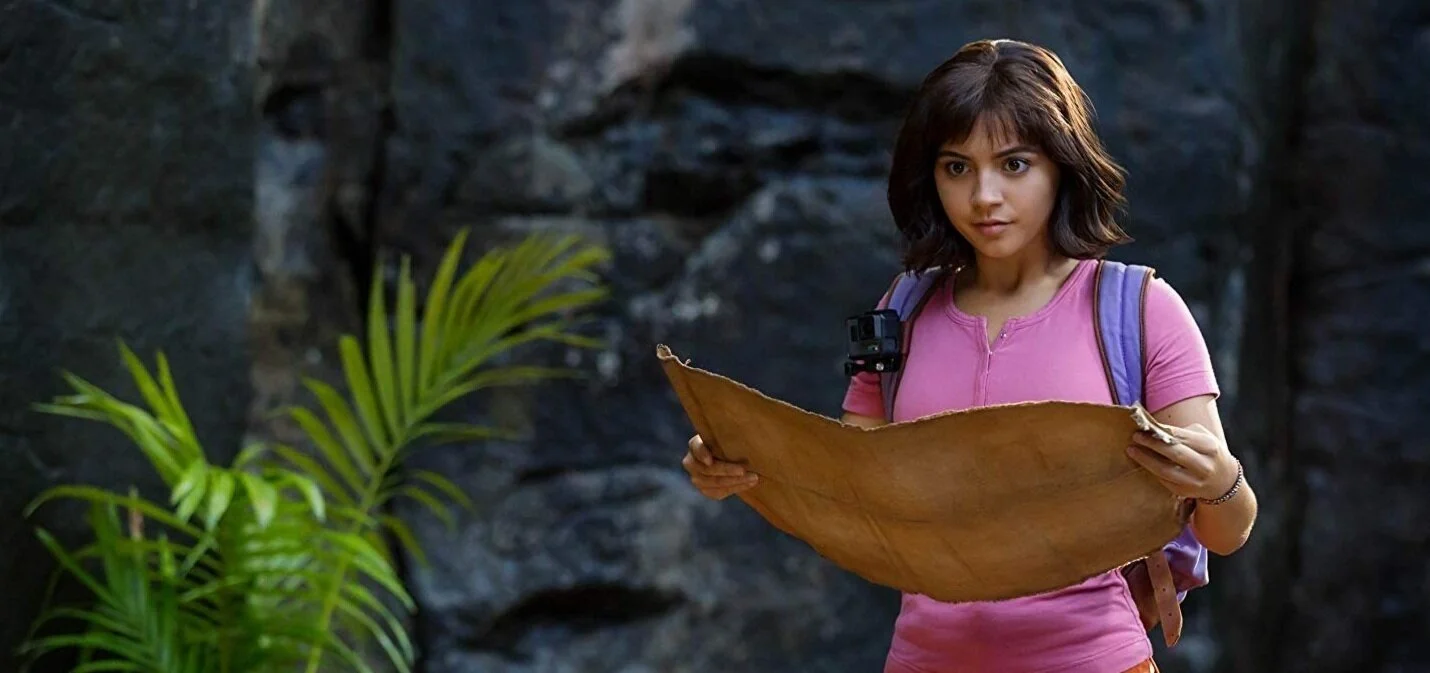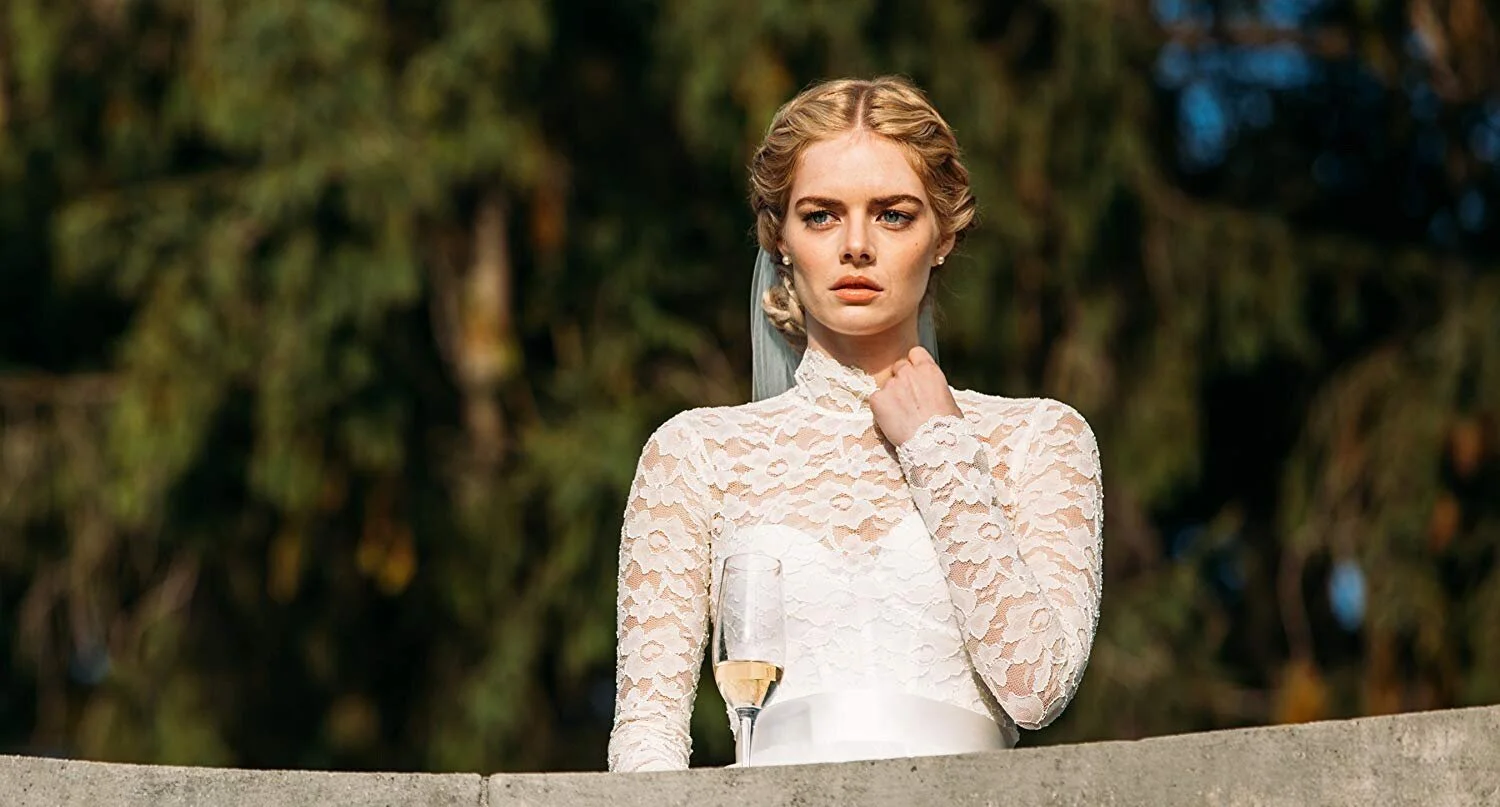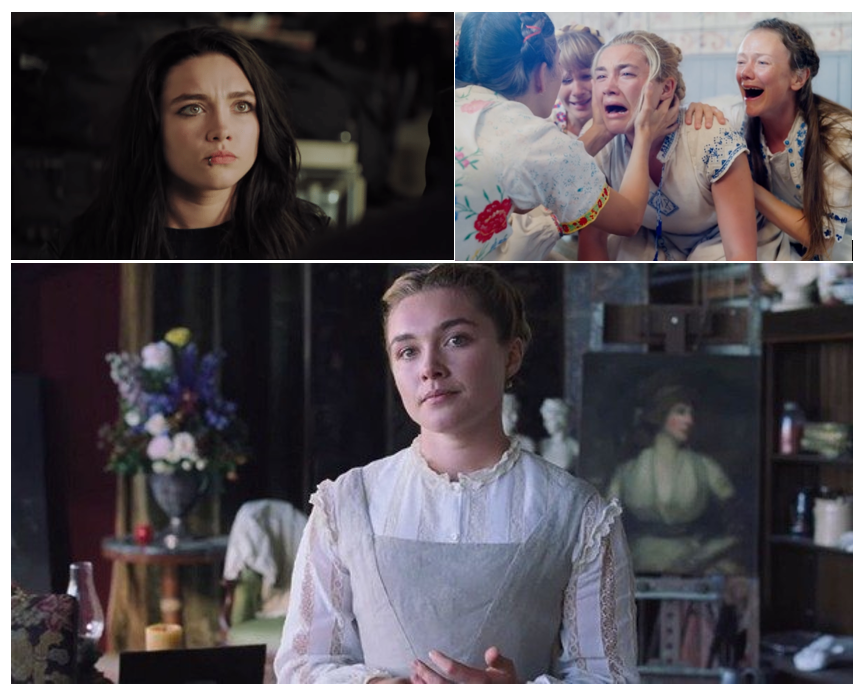Michael Ward on Sunday, January 12
THE BEST PERFORMANCES OF 2019
"Cinema is a matter of what’s in the frame and what’s out.” - Martin Scorsese
2019 was a strong year for film and a tremendous cinematic end to our decade. As naysayers looked at the slate of film offerings for the year and saw sequels, prequels, and franchise extenders and finishers, pessimism understandably entered the conversation. With the move by Disney to own seemingly everything by year’s end, and the studio landing 7 of the 10 biggest grossing films of the year (as well as each film in the Top 5, with usage rights to Spider-Man, a theatrical property released by Sony), the monopolization of our cinematic experience felt undeniable and suffocating.
However, then the movies started arriving, all those from the House of Mouse, and everyone else. Though January got off to a rather slow start (as is often commonplace each year), animated films like How to Train Your Dragon: The Hidden World and The Lego Movie Part 2: The Second One made February a lot of fun. While Marvel/Disney’s Captain Marvel dominated the month of March, near the end of the month came Jordan Peele’s Us, which was another groundbreaking horror/science-fiction hybrid from the twisted mind of the Academy Award-winning writer/director of 2017’s Get Out.
Once Avengers: Endgame dominated April and May, movies like Booksmart and Rocketman started to catch the critical eye. And once the summer arrived, it felt like if you just peeked underneath the main card of blockbusters and tentpoles and franchises, adventurous cinema was finding just enough buzz to be part of the conversation. Films like Ari Aster’s Swedish vacation trip-on-acid, Midsommar, Joe Talbot’s gentrification drama The Last Black Man in San Francisco, and throwback popcorn flicks like Crawl found smallish audiences who became passionate and loud supporters on social media.
We had The Beatles and Bruce Springsteen see their greatest hits played loud in the cineplex, as musicals Yesterday and Blinded by the Light found clever ways to integrate iconic music from the rock-and-roll hall-of-famers, and introduced their music to new ears for the first time.
The 9th (okay, technically the 10th) film from Quentin Tarantino, Once Upon a Time in…Hollywood became his second biggest box office success and a frontrunner for the Academy Awards almost instantly upon its July/August release.
And then Joaquin Phoenix and Joker became the biggest grossing R-rated film of all time. Frozen II took the box office crown for animation away from Toy Story 4, and the critics swooned over more than a dozen fall releases - all of which hope to hear their name called come Oscar nomination morning.
Netflix put no less than four films in the Oscar race this fall. And while reports were all over the map about how many people actually saw Martin Scorsese’s The Irishman, Noah Baumbach’s Marriage Story, Fernando Meirelles’ The Two Popes, and Craig Brewer’s Dolemite is My Name, each film received a short 2-3 week theatrical run, before living in perpetuity on the ubiquitous streaming platform.
Women filmmakers saw their work in the Top 100 grossing films of the year grow from 4.5% in 2018 to 10.6% in 2019. That’s major growth, but woefully inadequate in the overall marketplace. Greta Gerwig’s Little Women caught box office fire after Christmas and is set to become a big financial hit in the first couple of months of 2019.
Lorene Scafaria’s Hustlers not only grossed over $100 million in domestic box office receipts, but it made the possibility of Academy Award Winner Jennifer Lopez no longer a myth, but a potential reality - if that nomination comes through this year.
Hustlers, Céline Sciamma’s Portrait of a Lady on Fire, Lulu Wang’s The Farewell, Kasi Lemmons’ Harriet, Melina Matsoukas’ Queen & Slim, and Marielle Heller’s A Beautiful Day in the Neighborhood all found their names thrown about in awards season conversation, but largely for individual reasons and not in celebration of any of the films as Best Picture hopefuls. Only Gerwig’s Little Women and Wang’s The Farewell have remained potential Best Picture nominee hopefuls come Oscar time, and even then those films have seen their momentum wain in the precursors handed out before Oscar nominations are announced.
If anything, 2019 proved unpredictable. Whether audiences watched a South Korean film about capitalism (Parasite), took a look at, but ultimately turned away from visual effects-laden films like Alita: Battle Angel and Gemini Man, or made films like Hustlers, Ford v. Ferrari and Knives Out surprise $100 million grossing films - you cannot say there was not something for everyone in the world of film in 2019.
At the end of the day, the work is what connects with us. Martin Scorsese’s quote above speaks to why this list below exists, and why so much time and effort is spent in coming up with a list of the best performances on screen (and off) in a given year. Having watched nearly 200 films in 2019, I am again left to wonder what defines a great performance in the films I watch and review and discuss with friends, family, and colleagues.
Is it an actor who makes us release emotion? An actor who makes us laugh uproariously? Is it a persona or character we relate to? Is it a director, a screenwriter, a composer, and/or a technical crew who make the impossible possible, escapism a reality, possess the ability to place us in the lives of others and allow us to understand what it means to be different from ourselves?
I suppose the answer to all of those questions is “Yes.” And that is what makes film, and art, such a powerful medium. We are able to project, internalize, and share our reflections and feelings and even, when reaching common ground, discover that those reactions remain singular and wholly our own.
And so…without further adieu, these are 20 "performances" that left a resounding impression upon me in 2019, and will be moments and memories I carry forward for a long, long time. At one point, this list was nearly 50-60 items long. and painfully, I pared it down to a final 3̶0̶., 35 (because I couldn’t cut the Honorable Mentions from 15 down to 10 this year.)
The Top 20 (in alphabetical order) will be presented with the words of the the artists themselves, or from those who had a hand in creating the stunning work they put out into the world. A slideshow will give you a glimpse at 15 more outstanding performances from 2019 that nearly made the cut.
Note: Hover over the image to see more information about this particular list.
SPECIAL RECOGNITION
FLORENCE PUGH
Florence Pugh in Fighting with My Family (Top-L), Midsommar (Top-R), and Little Women (center).
Florence Pugh is not listed below, but she delivered three unique, distinctive, impressive and wonderful performances in 2019. She played WWE wrestler Paige in February biopic Fighting with My Family. In June, she led Ari Aster’s nightmarish hellscape Midsommar, and then was a crucial emotional anchor to the ensemble in Greta Gerwig’s Little Women. Her range as an actor proves exceptional and this trio of films, could not be more different, nor showcase that Pugh exhibits a vast array of range and talents we will likely benefit from watching for years and years to come.
THE 20 BEST PERFORMANCES OF 2019
AND 15 MORE PERFORMANCES WORTH SEEING FROM 2019..
















